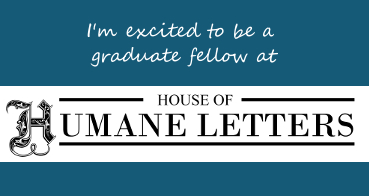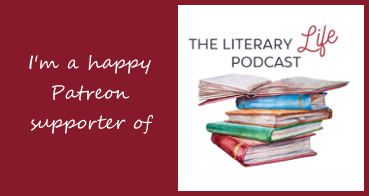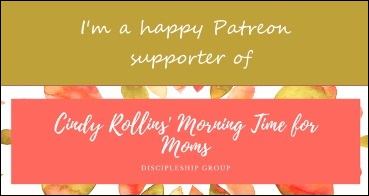Let me say at the beginning that I will only be ‘scratching the surface’ of the ideas that I want to discuss, especially because I’m only on the surface of contemplating and having a real understanding of them myself. Just about everything that I’ve been reading, and the classes that I’ve been taking for the past few years have all been challenging me on how much I (and the rest of my world) think like a ‘modern’. Even as you learn about the ways of seeing the world in any era prior to the so-called ‘Enlightenment’, you have to battle against the way you’ve been trained to see and think your whole life, in a culture that has been inundated with this thinking for generations through the classroom, media, and the communities in which we live.
So when you’ve grown up in a democratic society (yes, I know the US is supposedly a constitutional republic), and especially the American one where we are told we can be whatever and whoever we want to be, and you hear about this ‘stay in your lane’ idea of the Middle Ages (I know, how medieval, right?), you wonder, can this be a right way to think and live?
Forbidden knowledge. That goes all the way back to the Garden of Eden.
but of the tree of the knowledge of good and evil you shall not eat, for in the day that you eat of it you shall surely die. ~Genesis 2:17
but God said, ‘You shall not eat of the fruit of the tree that is in the midst of the garden, neither shall you touch it, lest you die.’ ~Genesis 3:3
How does that make you feel that there are just some things that you do not get to know?
All over C.S. Lewis’ Chronicles of Narnia there are instances where a character is told ‘that’s not for you to know’. When Lucy asks at some point if things would have turned out all right had she made another choice, Aslan informs her that no one is allowed to know what might have been. When she asks about the future of another character, again she is told it is not for her to know. It reminded me of this interaction between Peter and Jesus concerning John:
When Peter saw him, he asked, “Lord, what about him?”
Jesus answered, “If I want him to remain until I return, what is that to you? You follow Me!”
There are just some things that are nunya business.
C.S. Lewis knew very well the mind of Medieval people. Their way of seeing the world — the Heavens, Nature, and Humanity — is all over his stories. He knew that for them Ambition was never good, that is was always associated with Pride. You know, one of the seven deadly sins.
Know your place. Knowledge of self is not forbidden. But it can take time. Maybe a lifetime. Identity quests are a big part of story, and there are several that go on in Lewis’ stories. And knowing your place does not always involve ‘stay below’. In the story of Prince Caspian he learns much about his past and who he is and who he is to become. Although he has learned much, in The Voyage of the Dawn Treader he is still challenged to ‘know his place’ when he wants to go on with Reepicheep and not return with the others. He is reminded by Reepicheep:
You are the King of Narnia. You break faith with all your subjects…if you do not return. You shall not please yourself with adventures as if you were a private person.
Yes, even a King has no freedom to drive in another lane. He must know his place.

Stay tuned for my next installment where I scratch the surface of the humbling effect of pre-modern thoughts on the cosmos, a paradox involving pure intellectual research and imaginative ponderings, and an episode from The Fairie Queene concerning equality. I also plan to explore the idea of ‘vocation’ or ‘calling’, as I contemplate that lane in which one should stay. Exciting stuff.
Stories will save the world and your world….if you let them.






